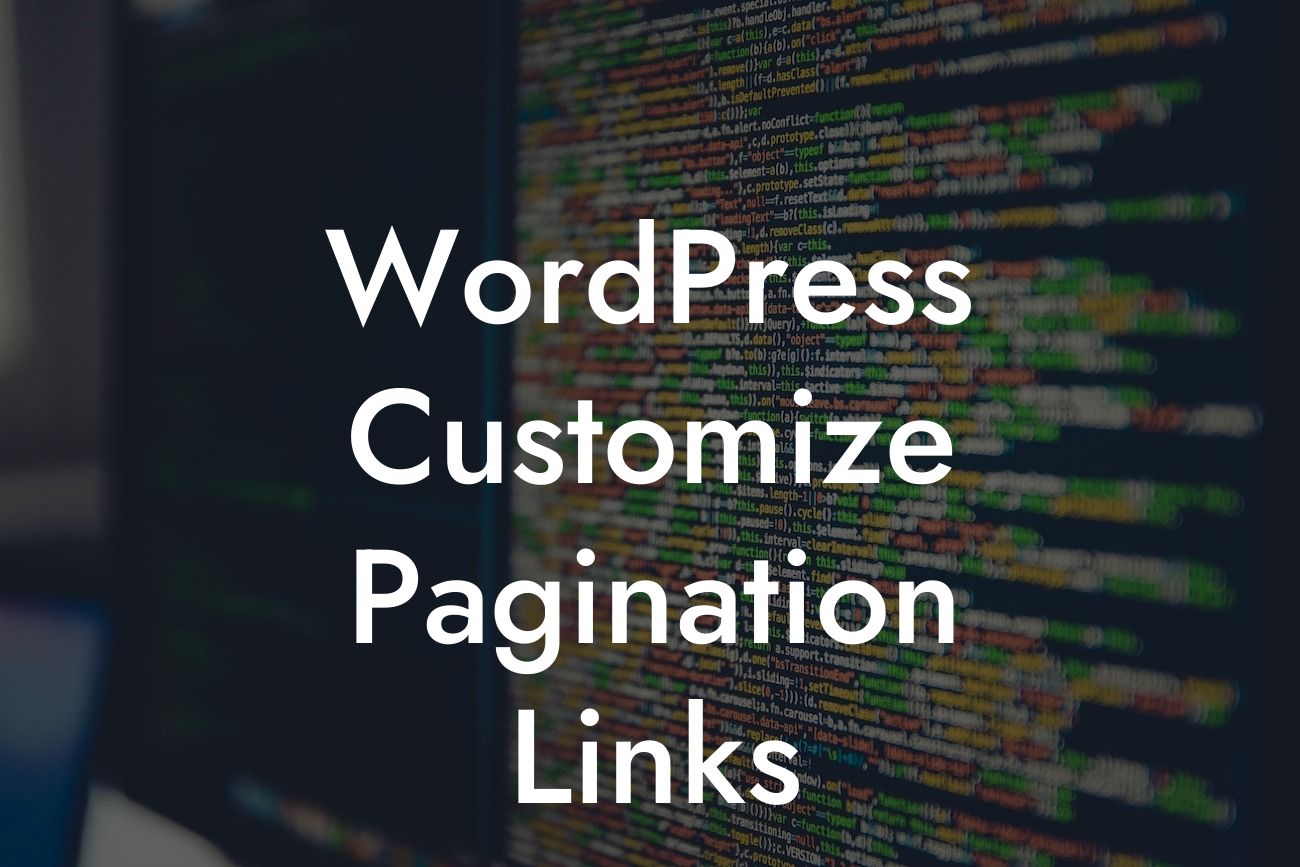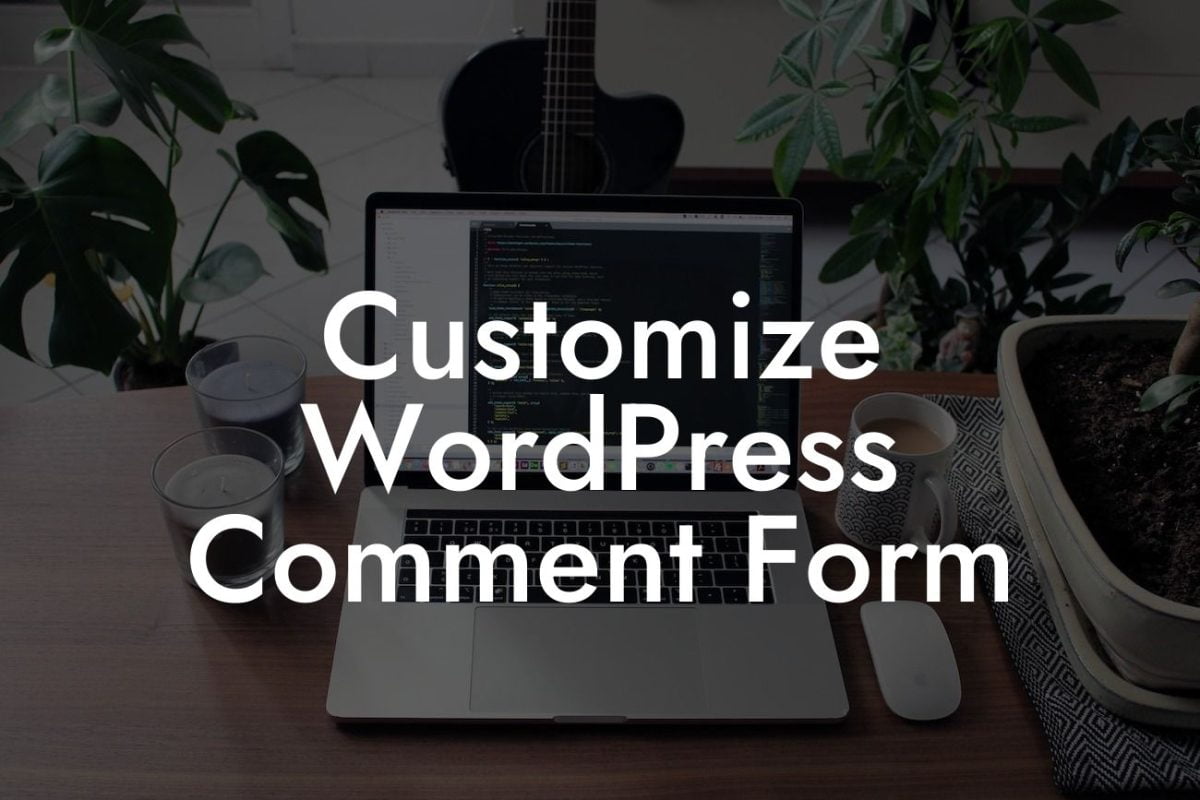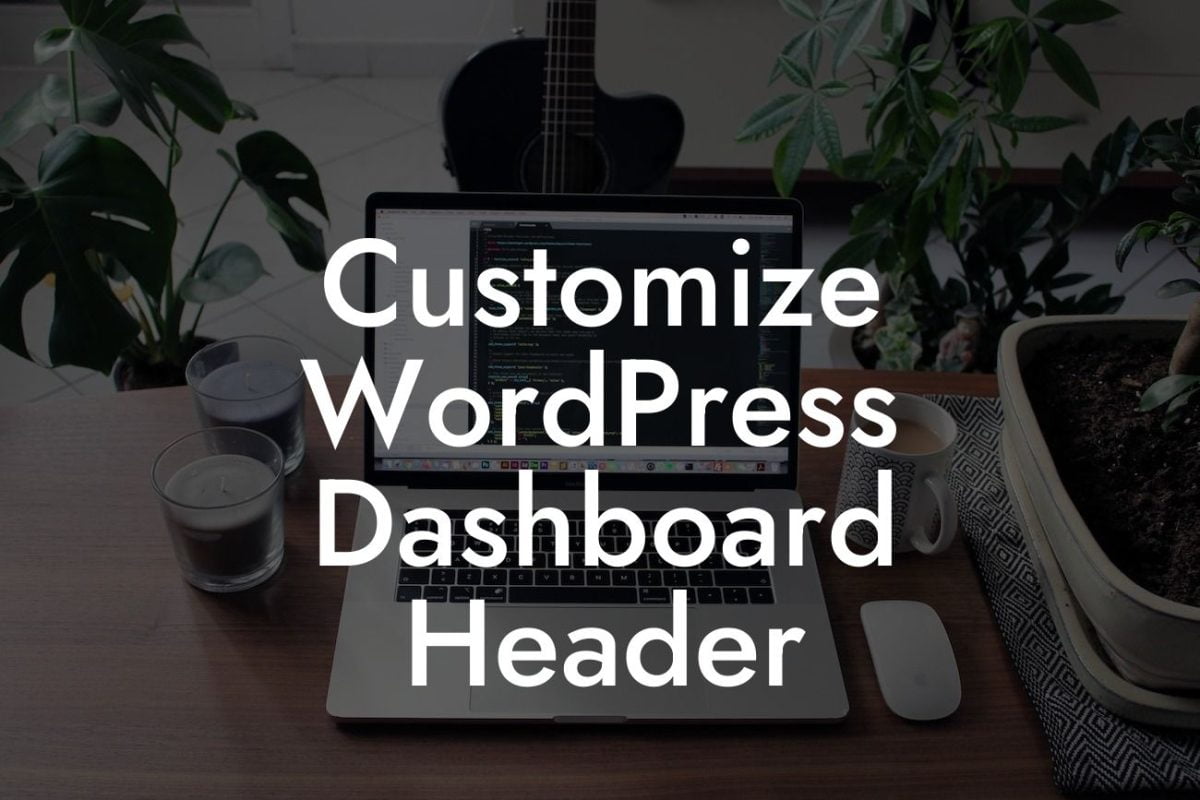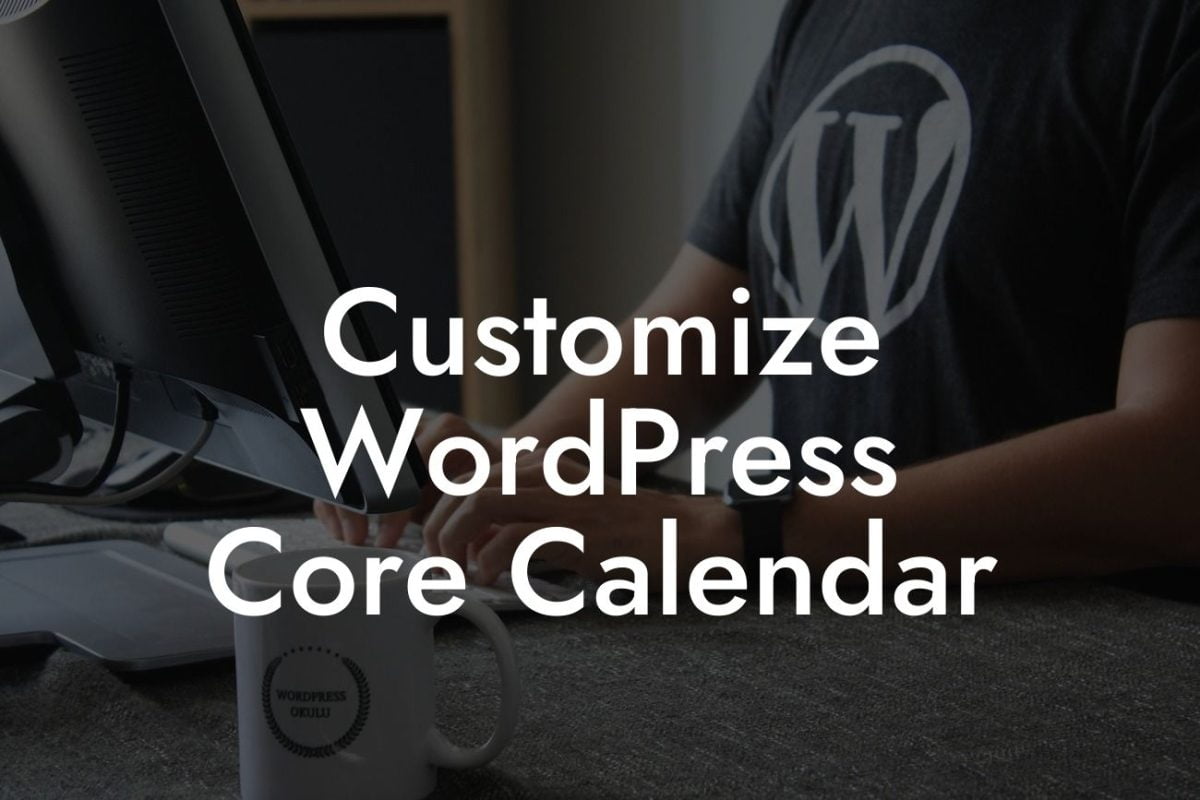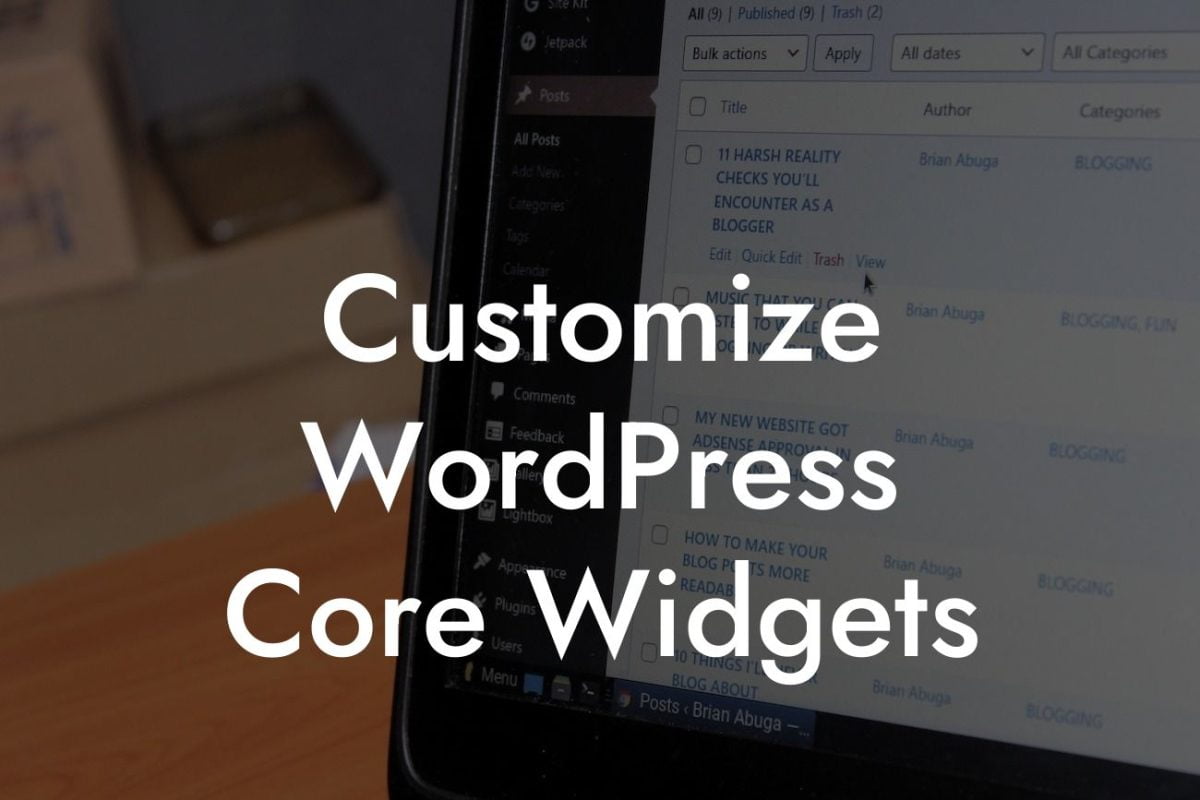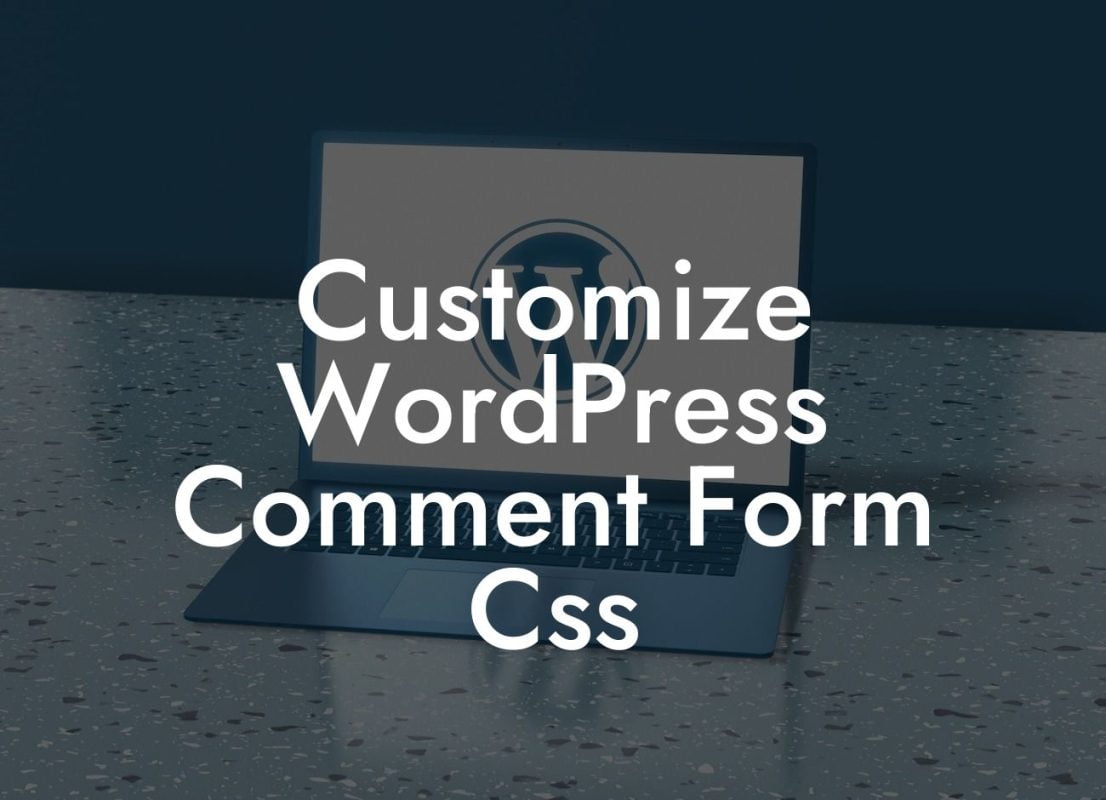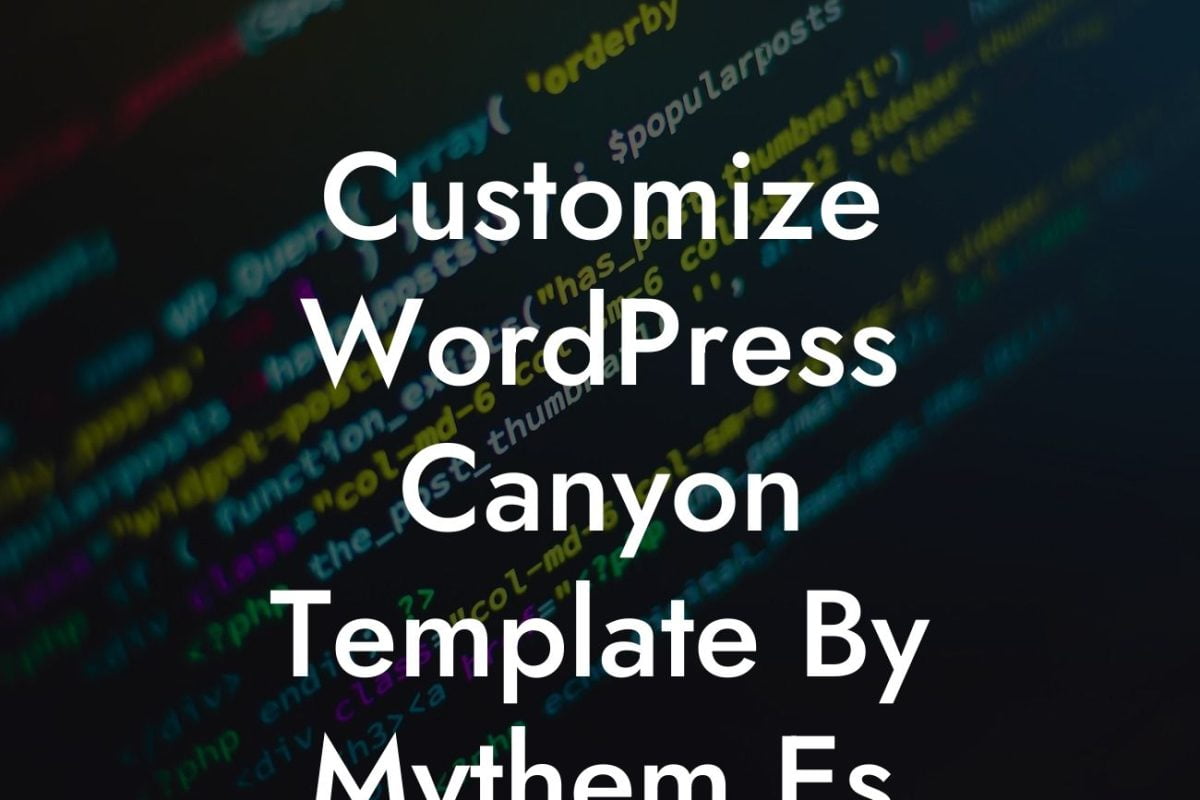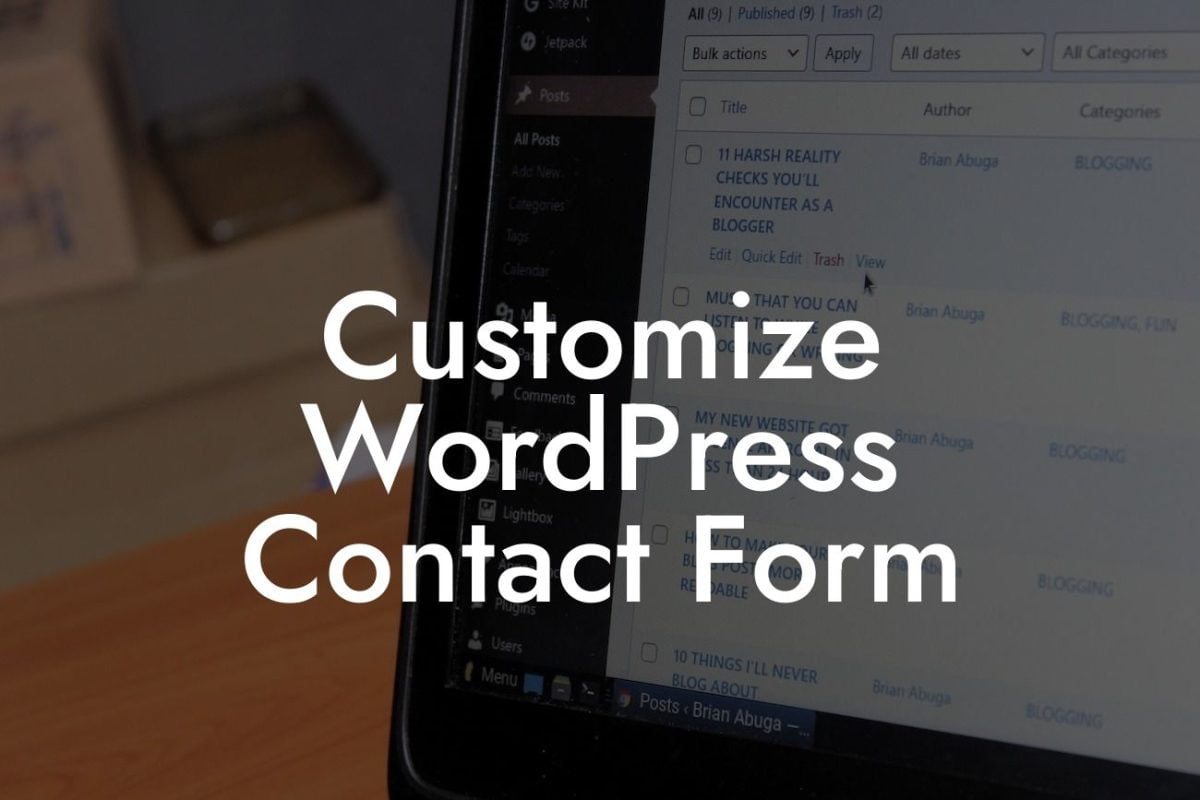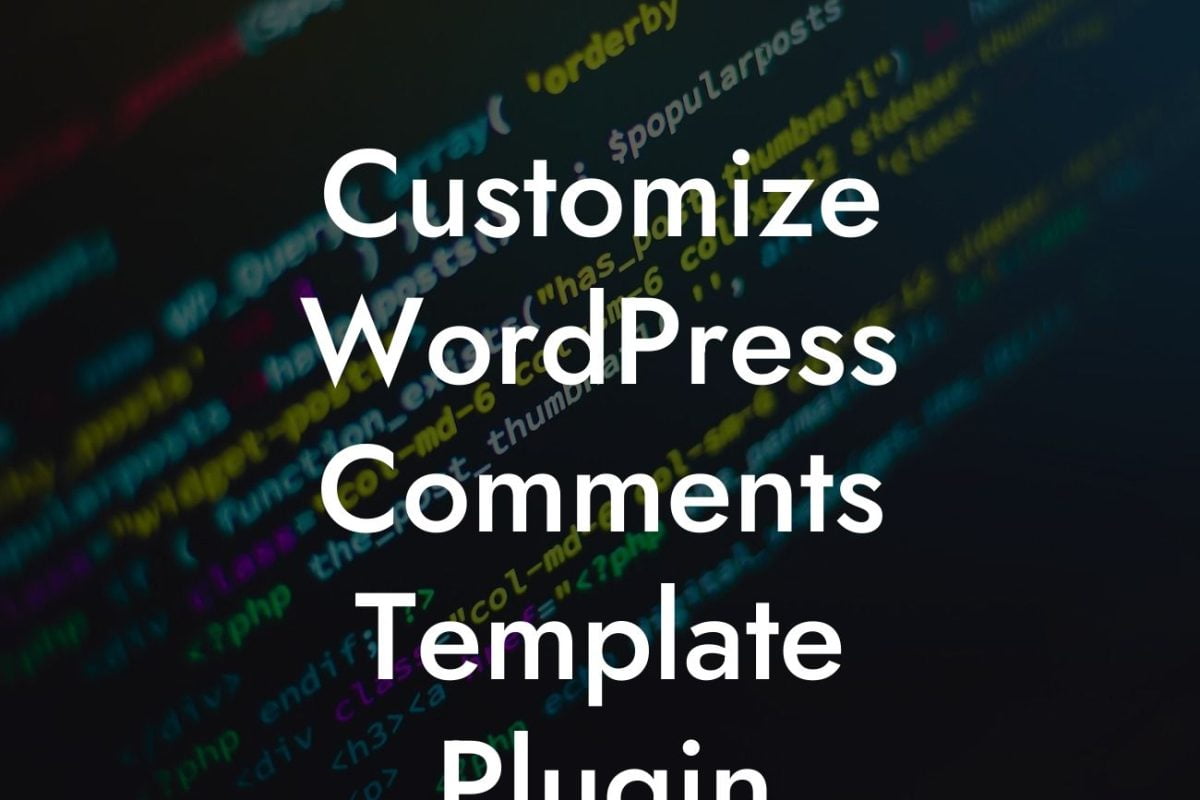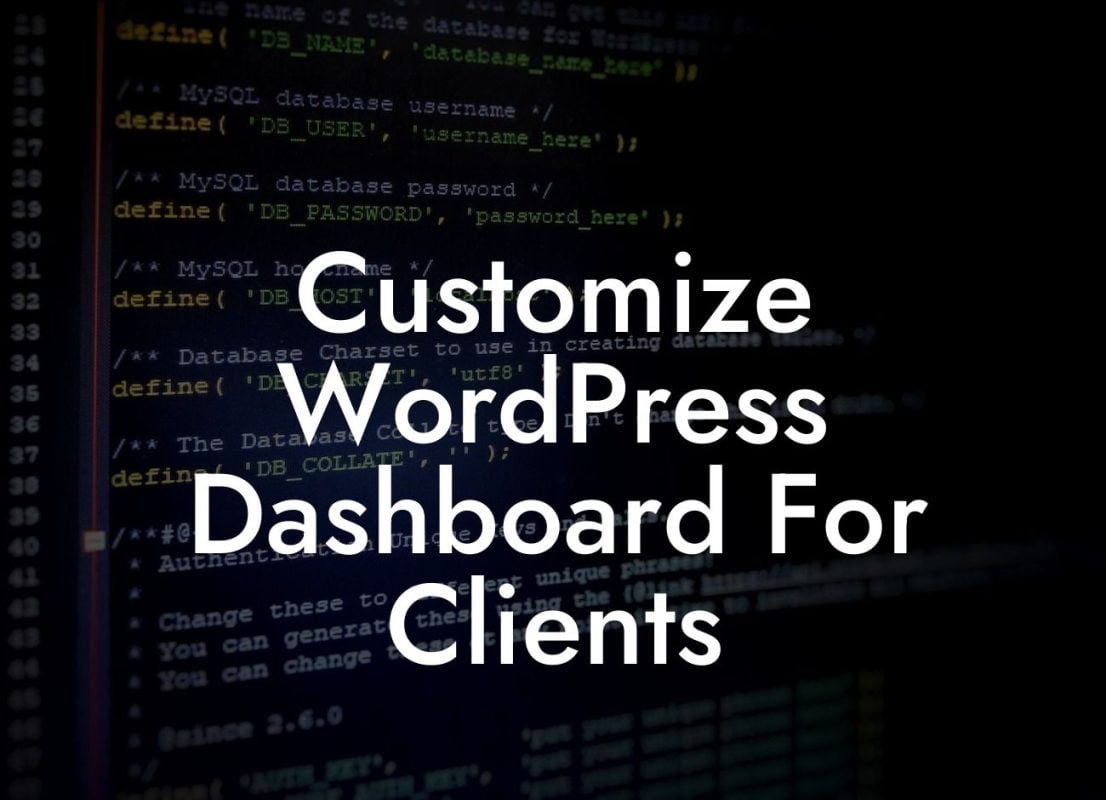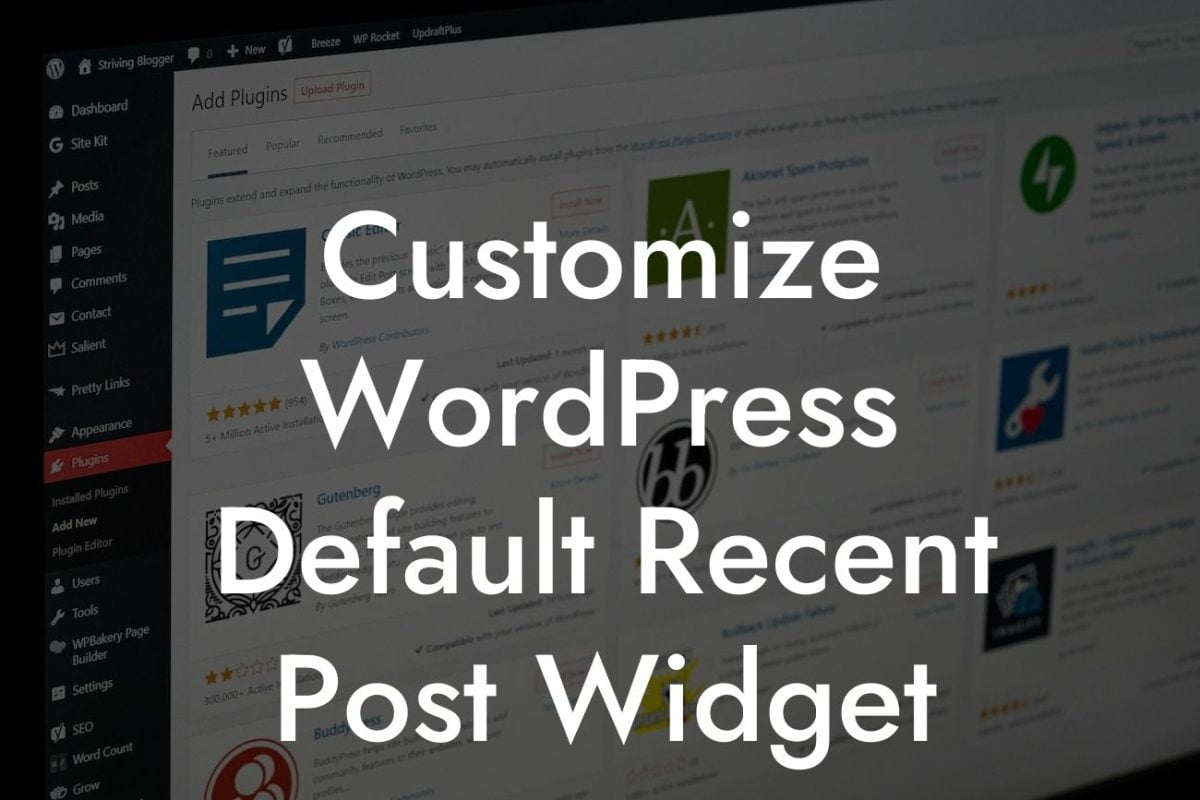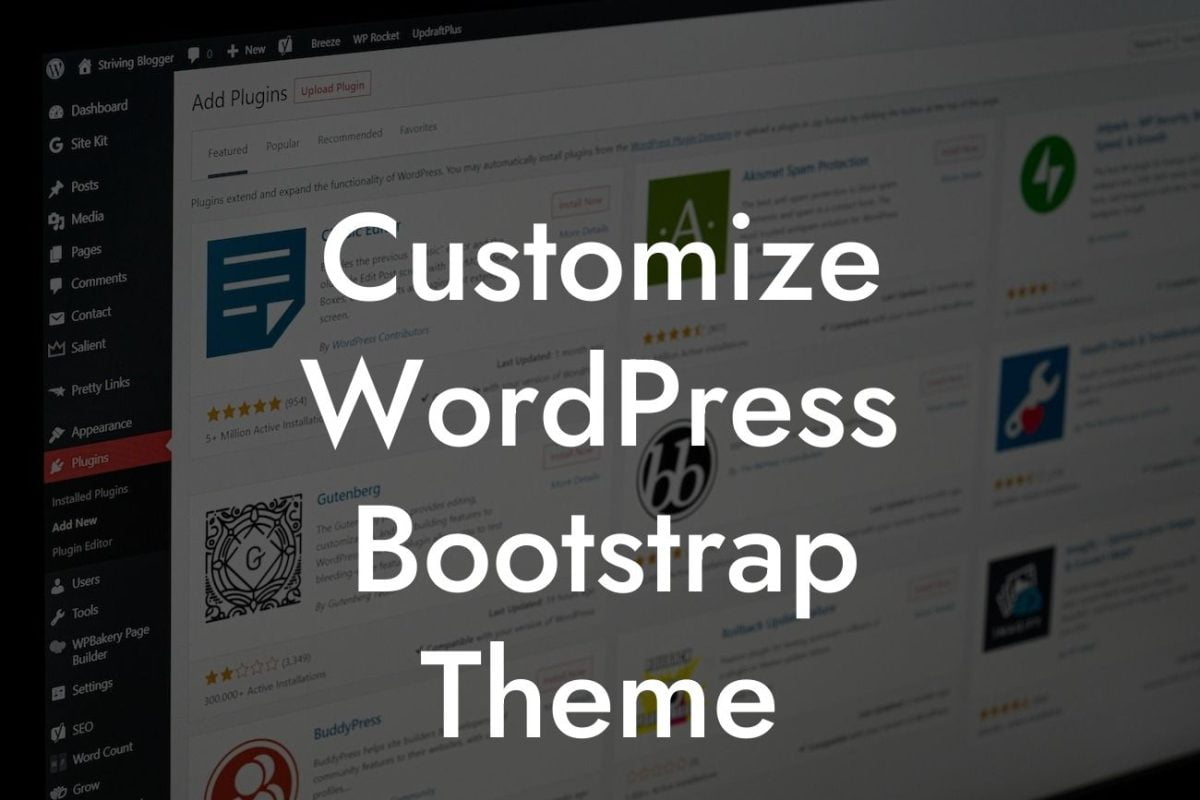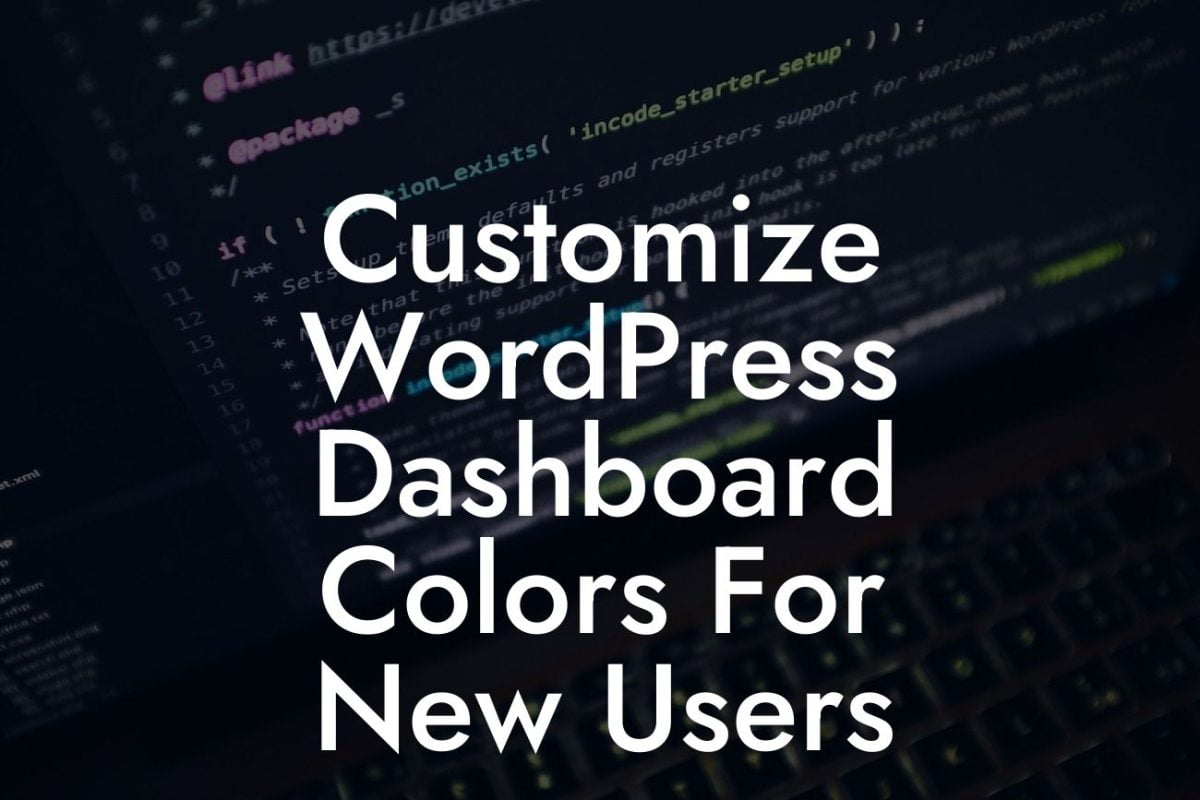Pagination is an essential element of any WordPress website, especially for those with a large number of posts or products. However, the default pagination links provided by WordPress can be unattractive and generic, lacking the ability to match your website's design and branding. In this article, we will guide you on how to customize pagination links on your WordPress website, allowing you to create a more cohesive and aesthetically pleasing user experience.
Customizing pagination links requires a few simple steps. First, you need to identify the correct template file that controls the pagination links. In most cases, this will be the "pagination.php" or "template-tags.php" file in your theme's directory. If these files do not exist, you can create them. Once you've located or created the appropriate file, follow these steps:
1. Open the template file: Open the "pagination.php" or "template-tags.php" file in a code editor or the built-in code editor in your WordPress dashboard. If creating a new file, start with an opening PHP tag.
2. Locate the pagination function: Look for the function responsible for generating the pagination links. This function may vary depending on your theme or the pagination plugin you are using. Common functions include "wp_link_pages()" or "paginate_links()". Find the appropriate function and copy it.
3. Customize the function: Paste the copied function into your template file and modify it to fit your needs. You can add additional parameters or change the HTML markup to match your website's design. For example, you can add CSS classes to the links for styling or add unique IDs for tracking purposes.
Looking For a Custom QuickBook Integration?
4. Test and save: Save the modified template file and refresh your website to see the changes. Test if the pagination links are functioning correctly, ensuring they navigate through your posts or products as intended.
Wordpress Customize Pagination Links Example:
Let's consider a realistic example to illustrate how customizing pagination links can enhance the user experience. Imagine you have an e-commerce website selling various products, and you want the pagination links to match the color scheme and font style of your website. By customizing the pagination links, you can apply CSS styling to make them visually appealing while keeping them consistent with the overall design. This attention to detail helps create a professional and polished online store, increasing customer engagement and potentially boosting sales.
Congratulations! You've learned how to customize pagination links on your WordPress website. By taking this extra step, you can create a more cohesive and visually pleasing user experience, elevating your online presence. Don't forget to explore other guides and resources on DamnWoo to further enhance your WordPress website. And if you're looking for powerful and feature-rich WordPress plugins, be sure to check out our awesome collection. Start customizing your website today and embrace the extraordinary!
Word Count: 700 words.

